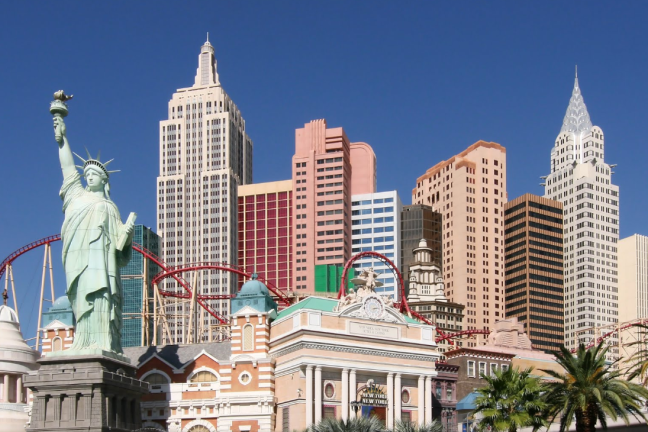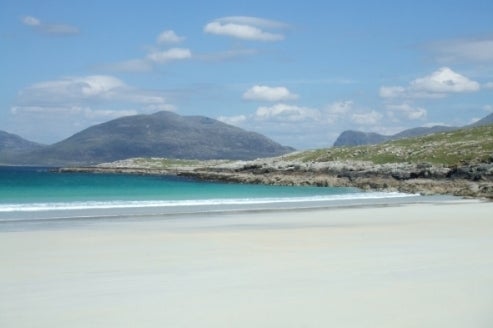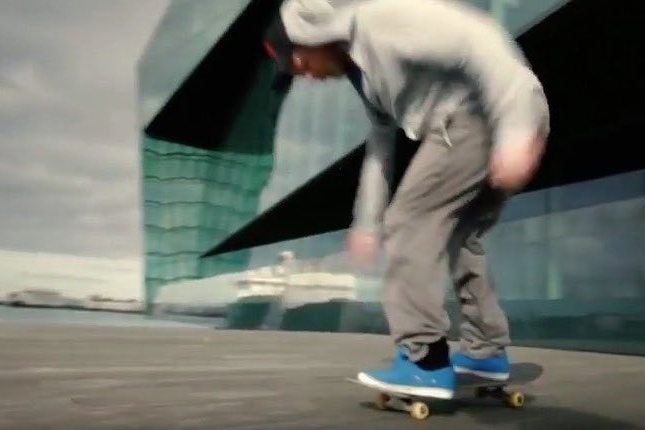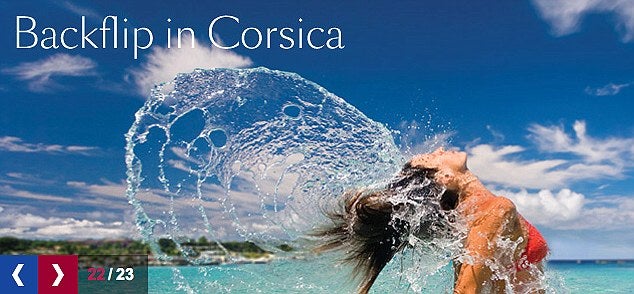Avis: Hire car company makes massive advert fail featuring island of Sark where cars are banned
Hire car company Avis launched an advert on its website – but users were quick to point out a major mistake

Your support helps us to tell the story
From reproductive rights to climate change to Big Tech, The Independent is on the ground when the story is developing. Whether it's investigating the financials of Elon Musk's pro-Trump PAC or producing our latest documentary, 'The A Word', which shines a light on the American women fighting for reproductive rights, we know how important it is to parse out the facts from the messaging.
At such a critical moment in US history, we need reporters on the ground. Your donation allows us to keep sending journalists to speak to both sides of the story.
The Independent is trusted by Americans across the entire political spectrum. And unlike many other quality news outlets, we choose not to lock Americans out of our reporting and analysis with paywalls. We believe quality journalism should be available to everyone, paid for by those who can afford it.
Your support makes all the difference.A car hire company made an error when it used a picture of Sark to promote its summer rentals offer.
Avis couldn’t have picked a worse place to display as part of the advert. Sark, one of the Channel Islands, is completely car-free – only tractors, horse-drawn carriages and bicycles are permitted on the island.
Not only did Avis use a picture of Sark, it also promoted the idea of taking a hire car there, writing: "board a ferry with your hire car to the island of Sark - just 55 minutes away". The company was seemingly unaware that, once there, visitors wouldn’t be able to drive their hire car anywhere.

The faux pas was duly pointed out, and Avis has since removed the picture of Sark and donated to the new Sark Sanctuary – a centre funded by the Methodist Church that hosts children's clubs, workshops, health services and retreats – by way of an apology.
To be fair to Avis, it’s not the first company to make a mistake of this nature – in fact it happens far more than you’d think. Here are four of the top travel gaffes.
1. New York, Vegas
Google attracted attention for all the wrong reasons in 2016 when it showed a picture of a Las Vegas casino to those searching for New York. The search engine erroneously displayed a photo of the New York-New York Hotel and Casino, over 2,000 miles away in Nevada, next to Google Maps searches for New York, NY. The image shows a caricature version of the city, complete with Statue of Liberty replica in front of an obviously faux Manhattan skyline and, to make it even clearer it isn’t the real McCoy, a rollercoaster. Google swapped the image for one of Central Park after the mistake was spotted.

2. Thailand, Outer Hebrides
In 2009, a tourist centre in Thailand used a picture of a sandy, white beach next to crystal blue waters to promote Kai Bae Beach. So far, so good. Except the picture turned out not to be of the beach on Koh Chang Island – it was actually a snap of Berneray Island in Scotland's Outer Hebrides. The National Park decided to take a picture from the internet to promote the beach, and somehow ended up with a Hebridean island. The Scottish tourist board were relaxed about it at the time, saying: “They do say imitation is the most sincere form of flattery, so although the use of the photo of a beach on the Isle of Berneray to represent a Thai beach is somewhat misleading, I'm sure it is a compliment in disguise."

3. Rhode Island, Reykjavik
In 2016 Rhode Island tourism officials had to take down a video promoting the state in New England, after it turned out one scene was shot in Reykjavik, Iceland. The video opened with a skateboarder outside a distinctive glass building – viewers quickly pointed out on social media that the building in the background was the Harpa concert hall and conference centre in Reykjavik. The Rhode Island Commerce Corporation blamed an editing company for using the wrong footage.

4. France, Hawaii
Atout France, which promotes tourism in France, was left with oeuf on its face after an ad campaign promoting the best French beaches was found to feature doctored photos. An image of a woman in the sea in what was advertised as Corsica, turned out to be a stock image taken in Hawaii. And it wasn’t the only misrepresentation. A photo of “France's famous Cap Canaille headland” was actually a stock image of a different beach with the distinctive headland Photoshopped into the background. And a photo claiming to depict Northern France proved to be of Cape Town. A spokesman for Atout France said: "This story is really unfortunate.

"It tarnishes a campaign that had a good, globally-understood concept: to surf the theme of the Olympics to encourage those Britons who did not want the crowds to come to France."
Join our commenting forum
Join thought-provoking conversations, follow other Independent readers and see their replies
Comments